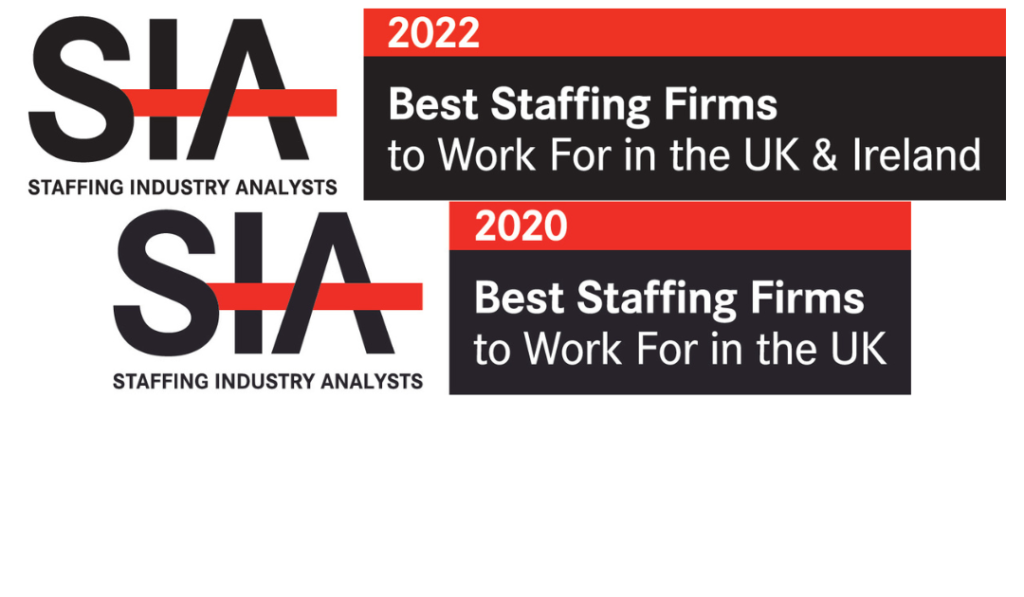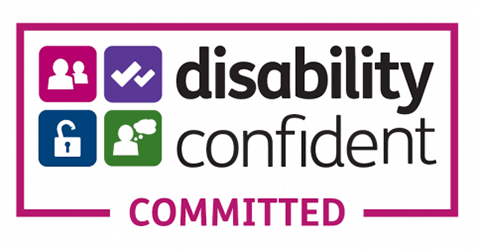After months of job searching, countless CV rewrites, several job interviews and possibly even a second interview, you’ve done it! You’ve finally been offered the new job of your dreams. But now comes the part most people dread: officially handing in your notice. While every company is different, there are five steps to the resigning process that are common to most industries and sectors.
Before we go through these five steps, it’s important to note that we never advise a candidate to formally hand in their notice until they’ve had a written job offer. You might have had a verbal offer at the end of your interview or soon afterwards, but this might need to be authorised by someone higher up in the company before a formal offer can be made. So don’t count your chickens before they’ve hatched!
Once you’ve received your written job offer, you can follow our step by step guide to resigning professionally, and without burning any bridges.
1. Scheduling a meeting
 However tempting it might be to avoid an awkward conversation and resign by text or email, this really isn’t the professional way to do it. Never try and hand in your notice in a rush or when your manager is busy, as it will only make you more stressed. Schedule a meeting with your boss so you will have time to plan what you’re going to say.
However tempting it might be to avoid an awkward conversation and resign by text or email, this really isn’t the professional way to do it. Never try and hand in your notice in a rush or when your manager is busy, as it will only make you more stressed. Schedule a meeting with your boss so you will have time to plan what you’re going to say.
2. Formally give your notice
 Once the meeting has been scheduled, type out your letter of notice and have it printed and ready to hand over. A verbal resignation can be sufficient but it’s always best to have it in writing, so that the date can be on record. There are lots of templates available online, but really all it needs to say is the date and your intention to resign with X week’s notice. Your boss might have questions or even want to organize an exit interview, which can be discussed during your meeting.
Once the meeting has been scheduled, type out your letter of notice and have it printed and ready to hand over. A verbal resignation can be sufficient but it’s always best to have it in writing, so that the date can be on record. There are lots of templates available online, but really all it needs to say is the date and your intention to resign with X week’s notice. Your boss might have questions or even want to organize an exit interview, which can be discussed during your meeting.
3. Working your notice
 The standard notice period is four weeks, but don’t assume this is the case for you – check your contract of employment. During this period, you might be expected to train up your successor or even help with the hiring process. Our advice is always to be amenable as possible during your notice period, and never burn bridges on your way to a new opportunity. You don’t want to leave on bad terms or with a negative reputation that might harm your future career.
The standard notice period is four weeks, but don’t assume this is the case for you – check your contract of employment. During this period, you might be expected to train up your successor or even help with the hiring process. Our advice is always to be amenable as possible during your notice period, and never burn bridges on your way to a new opportunity. You don’t want to leave on bad terms or with a negative reputation that might harm your future career.
4. Saying goodbye
 Your last day might be filled with mixed emotions: relief, apprehension, sadness at saying goodbye to colleagues. But remember to stay professional, and don’t say anything you’ll regret! It’s a good idea to call or email your business contacts to let them know you’re moving on and, if appropriate, how to keep in touch with you. It’s a bad idea to go out drinking with your colleagues and end up telling your boss that you can’t wait to leave!
Your last day might be filled with mixed emotions: relief, apprehension, sadness at saying goodbye to colleagues. But remember to stay professional, and don’t say anything you’ll regret! It’s a good idea to call or email your business contacts to let them know you’re moving on and, if appropriate, how to keep in touch with you. It’s a bad idea to go out drinking with your colleagues and end up telling your boss that you can’t wait to leave!
5. Keeping in touch
 There’s no reason not to stay in touch with your ex-colleagues, unless there’s a real conflict of interest with the new role you’re moving into. Platforms like LinkedIn are perfect for keeping the lines of communication open on a professional level. But remember the golden rules: don’t bitch about your old workplace, don’t go on about how much better your new workplace is, and don’t share any sensitive information about your past or present employer!
There’s no reason not to stay in touch with your ex-colleagues, unless there’s a real conflict of interest with the new role you’re moving into. Platforms like LinkedIn are perfect for keeping the lines of communication open on a professional level. But remember the golden rules: don’t bitch about your old workplace, don’t go on about how much better your new workplace is, and don’t share any sensitive information about your past or present employer!
Don’t forget to be professional in all the above steps!
Are you ready to make a move in your career? Do you want to find out more about job opportunities within IT, Consulting, Telecoms & Engineering? Then get in touch with one of our recruitment experts on 01926 487487 or email your CV to info@fuelrecruitment.co.uk












